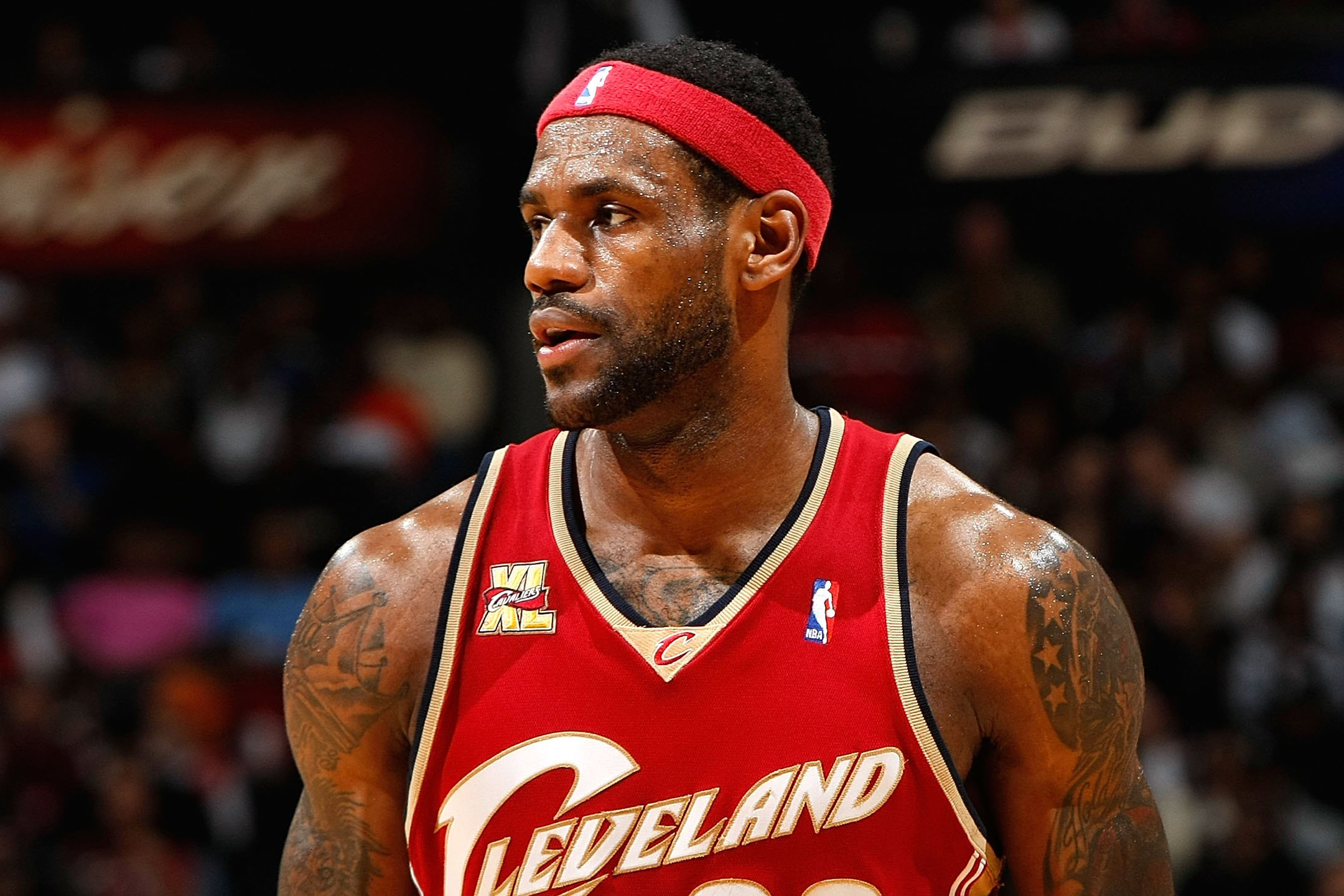
In his essay in Sports Illustrated about his return to play for Cleveland, LeBron James announced, “I’m coming home.” While his very personal and emotional explanation will resonate with many, others will find it disingenuous and self-serving. Because the awful truth is, as Thomas Wolfe titled one of his best-known novels, “You can’t go home again.”
Wolfe, who took that title with permission from writer Ella Winter, used it to mean that after we leave home and are battered about by our adventures in life, we are changed. And in our disillusioned mind, “home” becomes a romanticized symbol of our innocence, in which we dreamed limitlessly and were loved unconditionally. But that home, too, has changed because of our absence. The residents are more wary.
So it is with LeBron and Cleveland.
To some skeptical residents, LeBron’s return to Cleveland is less that of the prodigal son’s triumphant return home than the straying husband who abandoned his longtime partner to chase a younger, hotter, firmer slice having second thoughts. After realizing he traded a deep love for a sweaty romp, he’s coming home with a bouquet of roses in one hand and a diamond bracelet in the other, begging forgiveness for his foolish mistake of lustful youth.
All that doesn’t make LeBron’s desire to return any less sincere. Who hasn’t at some time or other hurt those we loved? And it takes a lot of courage to return to what many Clevelanders might consider the scene of the crime. LeBron is one of the best players in the world. He could have gone anywhere, but he chose Cleveland knowing he would have to endure a firestorm of criticism. Had he stayed in Miami or gone elsewhere, he would have been hoisted on shoulders and paraded through the streets. That testifies to his sincerity.
I’ve had some experience with wanting to go home. After playing with the Milwaukee Bucks for a few years at the beginning of my career, I had a longing to return to New York City. Oscar “The Big O” Robertson had retired, and without him we came in last, with no significant draft picks and little hope of turning things around the next year. I didn’t go to the press to negotiate for more money or a better deal. I went to the owner, and we had an amiable chat. We shook hands and kept it between ourselves so the team could make the best deal for both parties, because we each felt loyalty to the other.
My attempt to return home failed because New York didn’t have any players whom Milwaukee wanted. Instead, I went to Los Angeles (a second home, since I attended UCLA) along with Walt Wesley, and the Bucks got four players in exchange: Dave Meyers, Brian Winters, Elmore Smith and Junior Bridgeman.
When LeBron left Cleveland, he celebrated the move as if it were the exodus from Egypt and enslavement, and that arrogance left a bitter taste in his fans’ mouths. It was like showing up at a party with a new girlfriend knowing an ex would be there. Tacky. Even his return to Cleveland might have been seen as more from the heart, as he states in his essay, if it had just been announced as a fait accompli instead of leaving the press and fans to wait in anticipation for the word to come down from the mountain inscribed on tablets.
LeBron’s return to the Cavaliers is good for basketball. Each game will now come with a movie narrative attached: underdogs, redemption, forgiveness. I certainly will be watching. But the “coming home” narrative has been a little too orchestrated to silence the critics and slighted fans. But I think this passage from Wolfe’s You Can’t Go Home Again sums up LeBron’s dilemma: “He had learned that in spite of his strange body, so much off scale that it had often made him think himself a creature set apart, he was still the son and brother of all men living. He had learned that he could not devour the earth, that he must know and accept his limitations. He realized that much of his torment of the years past had been self-inflicted, and an inevitable part of growing up. And, most important of all for one who had taken so long to grow up, he thought he had learned not to be the slave of his emotions.” In that way, LeBron can go home because he has grown up and realizes that being away from home made it that much more valuable.
But in another way, LeBron can’t go home again. At least not to the home he once knew. The residents may be grateful and joyful, but they are also wiser. Like the betrayed spouse, they will have to wait and see, they will have to be wooed, they will have to be convinced that his sincerity, to quote Porgy and Bess, ain’t a sometime thing.
More Must-Reads from TIME
- Cybersecurity Experts Are Sounding the Alarm on DOGE
- Meet the 2025 Women of the Year
- The Harsh Truth About Disability Inclusion
- Why Do More Young Adults Have Cancer?
- Colman Domingo Leads With Radical Love
- How to Get Better at Doing Things Alone
- Michelle Zauner Stares Down the Darkness
Contact us at letters@time.com